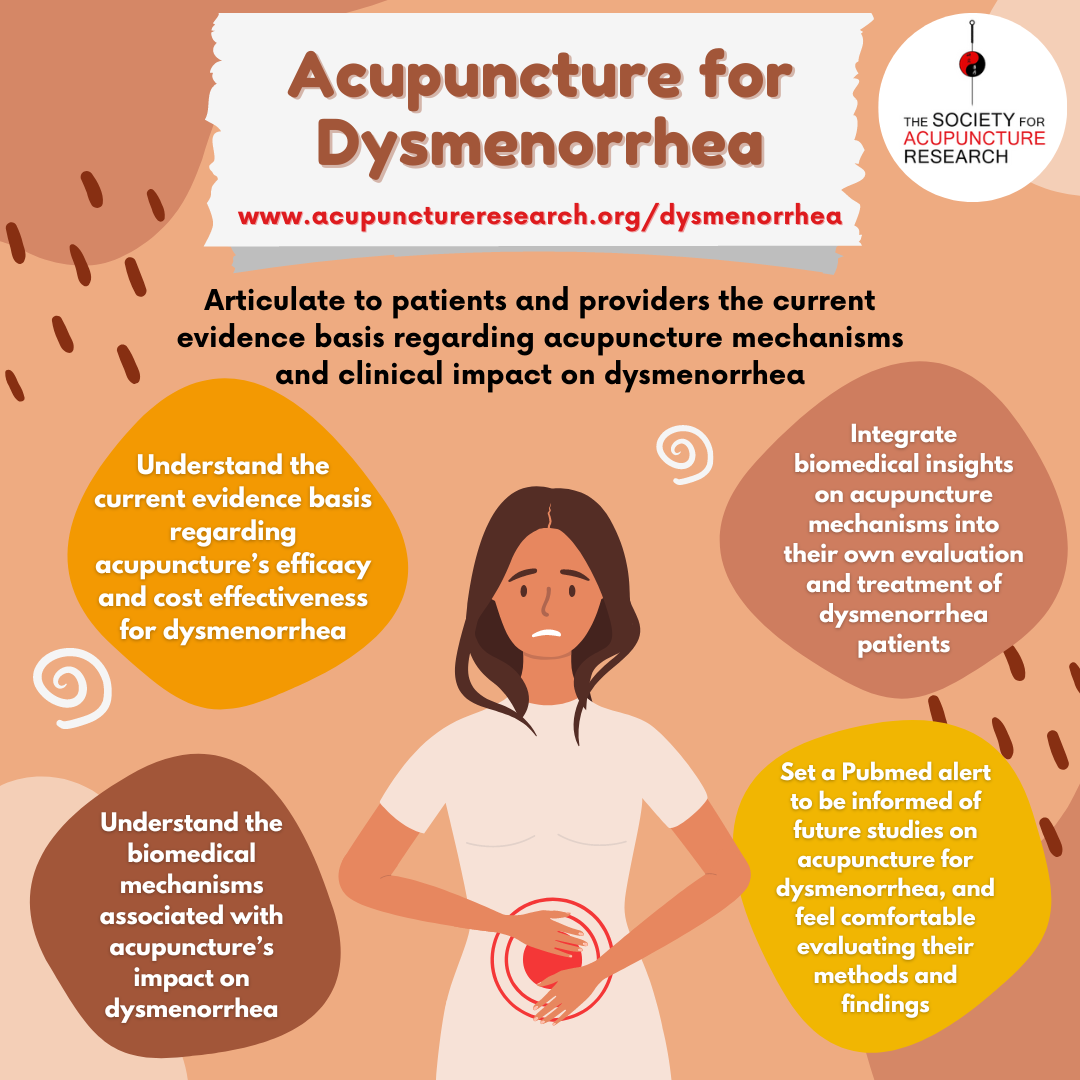
Dysmenorrhea
New mechanisms research suggests a role for acupuncture’s anti-inflammatory effects, and explores changes in functional connectivity within pain-related brain areas. In this mixed lecture, reading and self-study course, Claudia Citkovitz will introduce the evidence basis and its impact on clinical care.
Learn more...